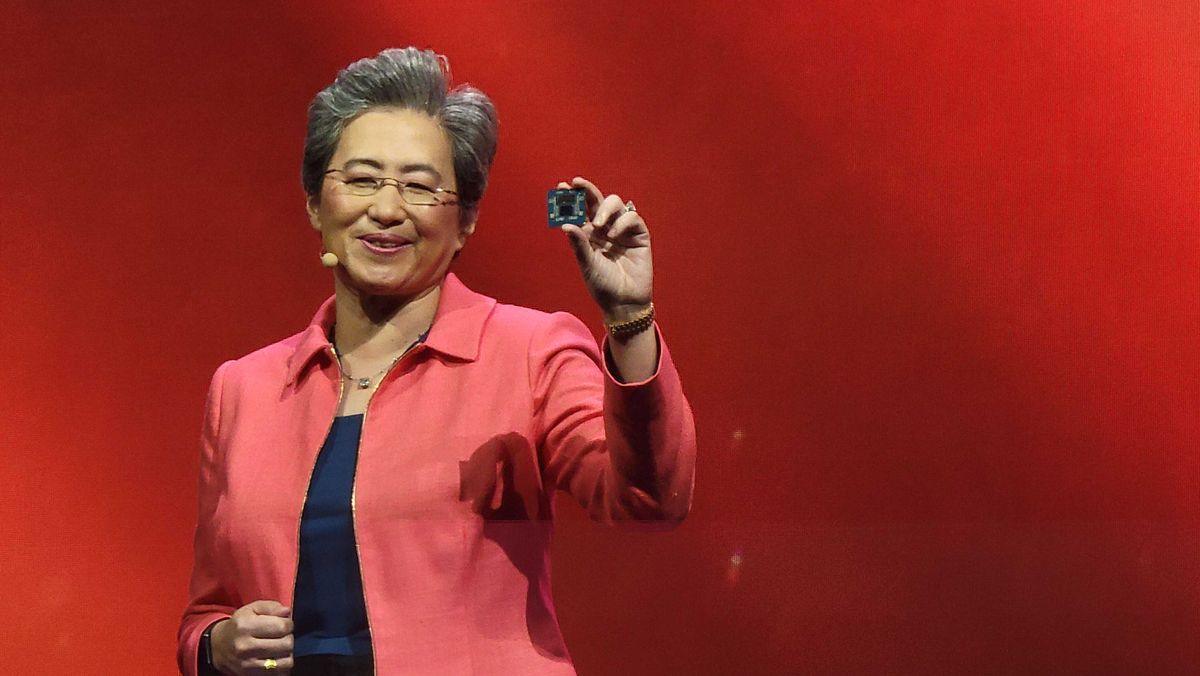I'm figuring this out now, since I installed a 7600X yesterday. She runs hot. I looked it up to see if what I was getting was normal or if there was something wrong with my cooling install, but the general consensus is "it just runs like that". Most of the time, it's fine, but if I run something that's particularly CPU-intensive, it's getting toasty. Shader compilation during startup, for example. Once I got into the game, though, it was fine.
Although in my defense, the 7600X was on sale and was, at the time, cheaper than the 7600.
Look up PBO settings for it. Advanced Precision Boost Overdrive + Negative Curve Optimizer at 20 is basically always stable at single CCD X CPUs (7600X and 7700X) from what I have read. Many can hit Negative 30 as well, like my 7700X. You can also put a power limit for more efficiency but that's where it gets a little trickier and I'd look up some guides or really forget about it and just see if up to Negative 30 is stable.
Last edited:




